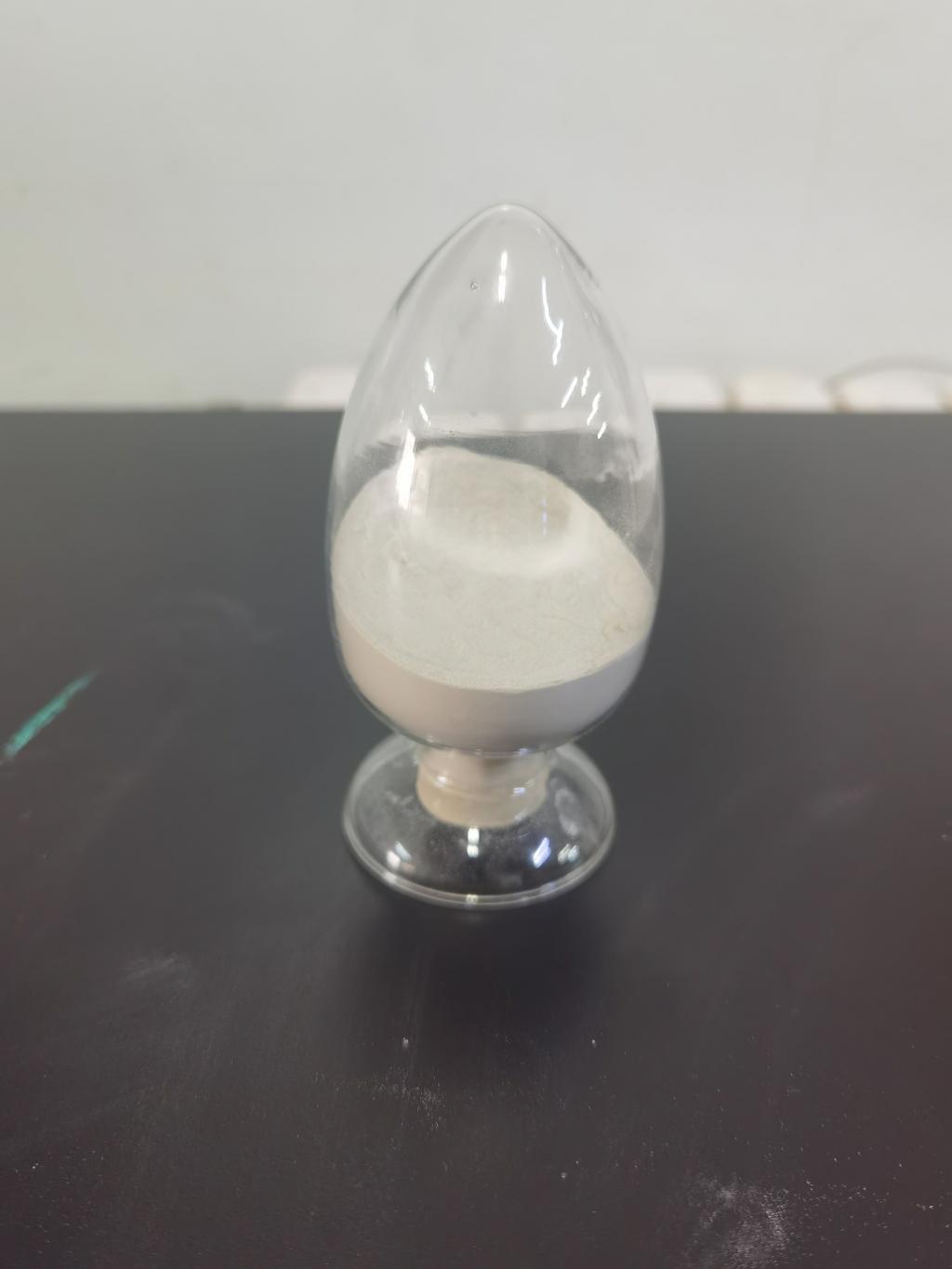Tel:0086 18231198596

News
Nisin is a natural antimicrobial used in food preservation.
TIME:2024-03-20
Origin of Nisin:
Nisin was first discovered in the 1920s during investigations into the antimicrobial properties of lactic acid bacteria. It is primarily produced by strains of Lactococcus lactis, a common bacterium found in dairy products and fermented foods. Nisin's natural origin and production by food-grade bacteria distinguish it from synthetic preservatives, aligning with consumer preferences for clean-label and minimally processed foods.
Mechanism of Action:
The efficacy of nisin as a food preservative lies in its unique mechanism of action. Upon encountering target bacteria, nisin binds to lipid II, an essential precursor molecule involved in cell wall synthesis. This binding disrupts membrane integrity, leading to leakage of intracellular contents and ultimately cell death. Notably, nisin exhibits selective activity against Gram-positive bacteria while sparing beneficial microorganisms such as probiotics commonly found in fermented foods.
Applications in Food Preservation:
Nisin's versatility makes it suitable for a wide range of food preservation applications. It can be incorporated into various food matrices, including dairy products, meat and poultry, canned foods, bakery items, and beverages. In dairy products such as cheese and yogurt, nisin inhibits the growth of spoilage bacteria and extends shelf life without altering taste or texture. Similarly, in meat and poultry products, nisin helps prevent the growth of pathogens like Listeria monocytogenes, enhancing food safety.
Benefits of Nisin:
The use of nisin offers several benefits over synthetic preservatives. Firstly, it provides an effective means of controlling microbial growth without the use of chemical additives, addressing concerns about potential health risks associated with synthetic preservatives. Moreover, nisin's natural origin and Generally Recognized as Safe (GRAS) status appeal to consumers seeking clean-label and transparent food products. Additionally, nisin's compatibility with existing food processing methods and its ability to work synergistically with other preservation techniques make it a valuable tool for food manufacturers.
Sustainability and Environmental Impact:
In addition to its efficacy and safety, nisin contributes to sustainable food production practices. Unlike synthetic preservatives, which may have adverse environmental impacts, nisin is biodegradable and poses minimal risk to ecosystems. Furthermore, the use of nisin can reduce food waste by extending the shelf life of perishable foods, thereby promoting resource efficiency and reducing the carbon footprint associated with food production and distribution.
Challenges and Considerations:
Despite its numerous benefits, the widespread adoption of nisin in food preservation faces certain challenges and considerations. Regulatory requirements vary across regions, necessitating clear guidelines for the use of nisin in different food applications. Additionally, the stability of nisin in various food matrices and its potential interactions with other ingredients require careful consideration during product formulation. Furthermore, consumer awareness and acceptance of nisin as a preservative may influence its market penetration.
Future Prospects:
Looking ahead, the future of nisin in food preservation appears promising. Advances in biotechnology and formulation techniques may enhance the stability and efficacy of nisin in food products. Moreover, research into novel applications of nisin, such as encapsulation and controlled release systems, could further expand its utility in diverse food matrices. As consumer demand for natural and sustainable food options continues to grow, nisin is poised to play a significant role in shaping the future of food preservation.
Conclusion:
Nisin represents a natural and effective solution for food preservation, offering numerous benefits over synthetic additives. Its origin from food-grade bacteria, selective antimicrobial activity, and compatibility with diverse food matrices make it an attractive option for food manufacturers seeking safer and more sustainable preservation methods. As we continue to explore the potential of nisin in food preservation, we move towards a future where food safety, quality, and sustainability go hand in hand.

 CONTACT
CONTACT




